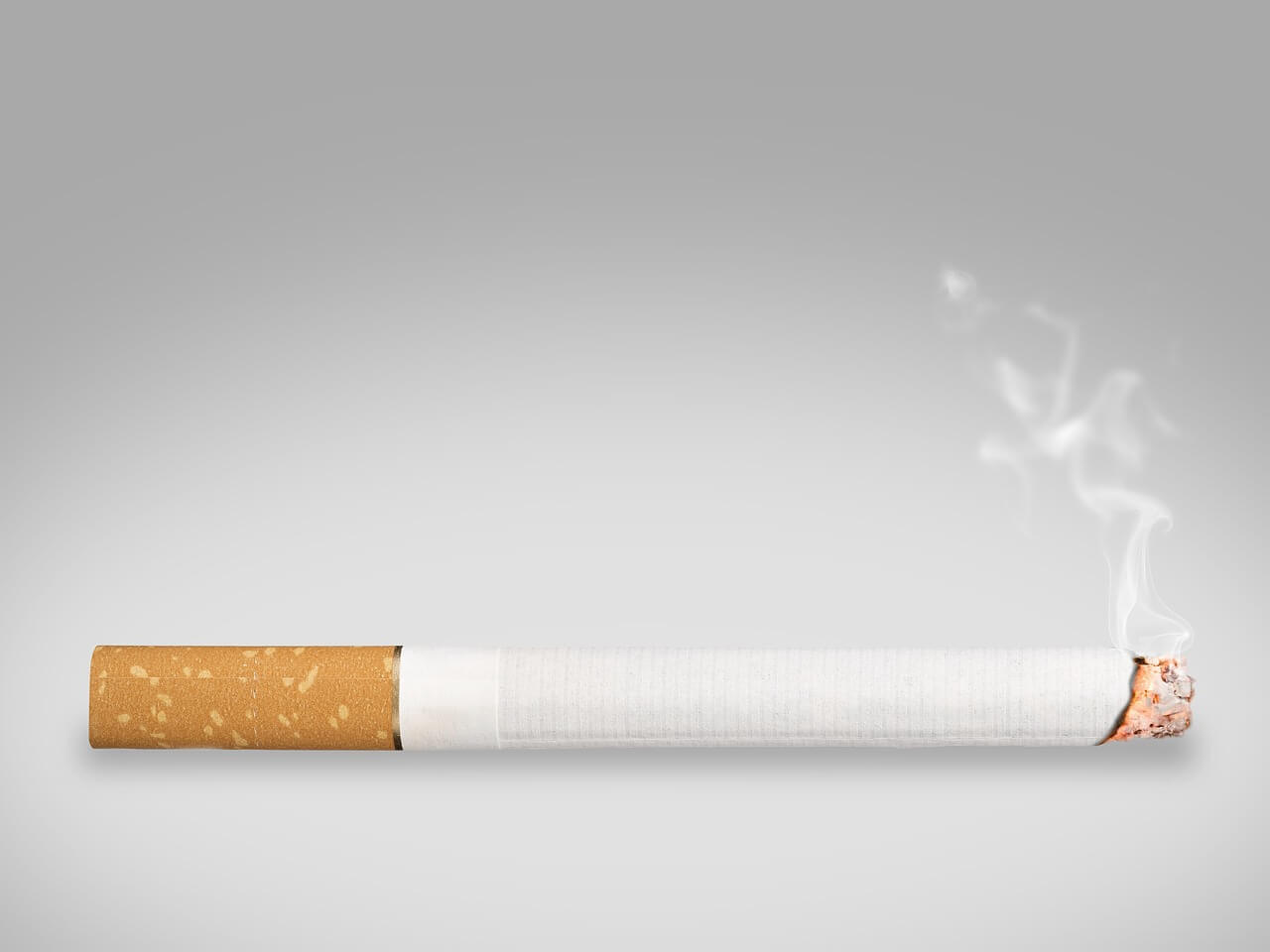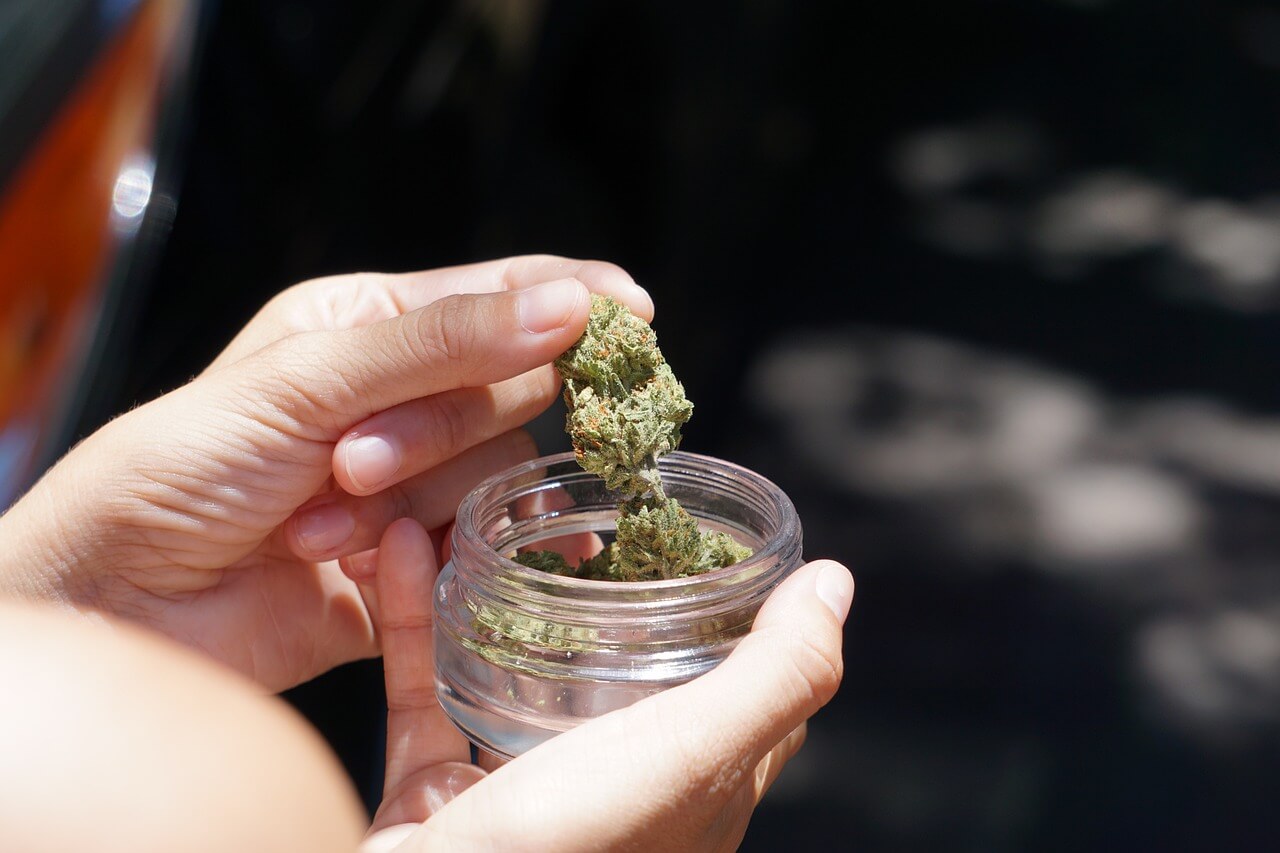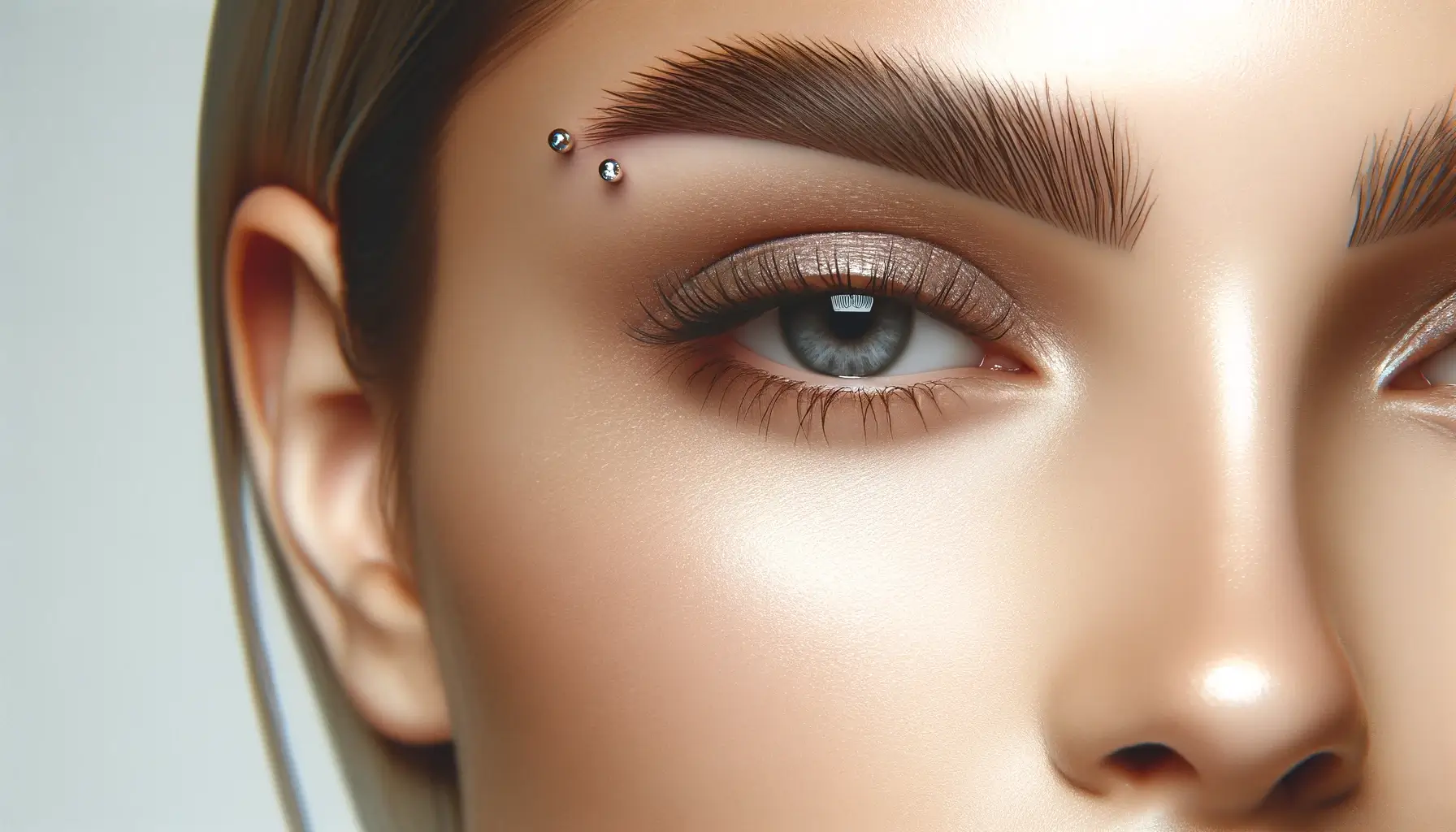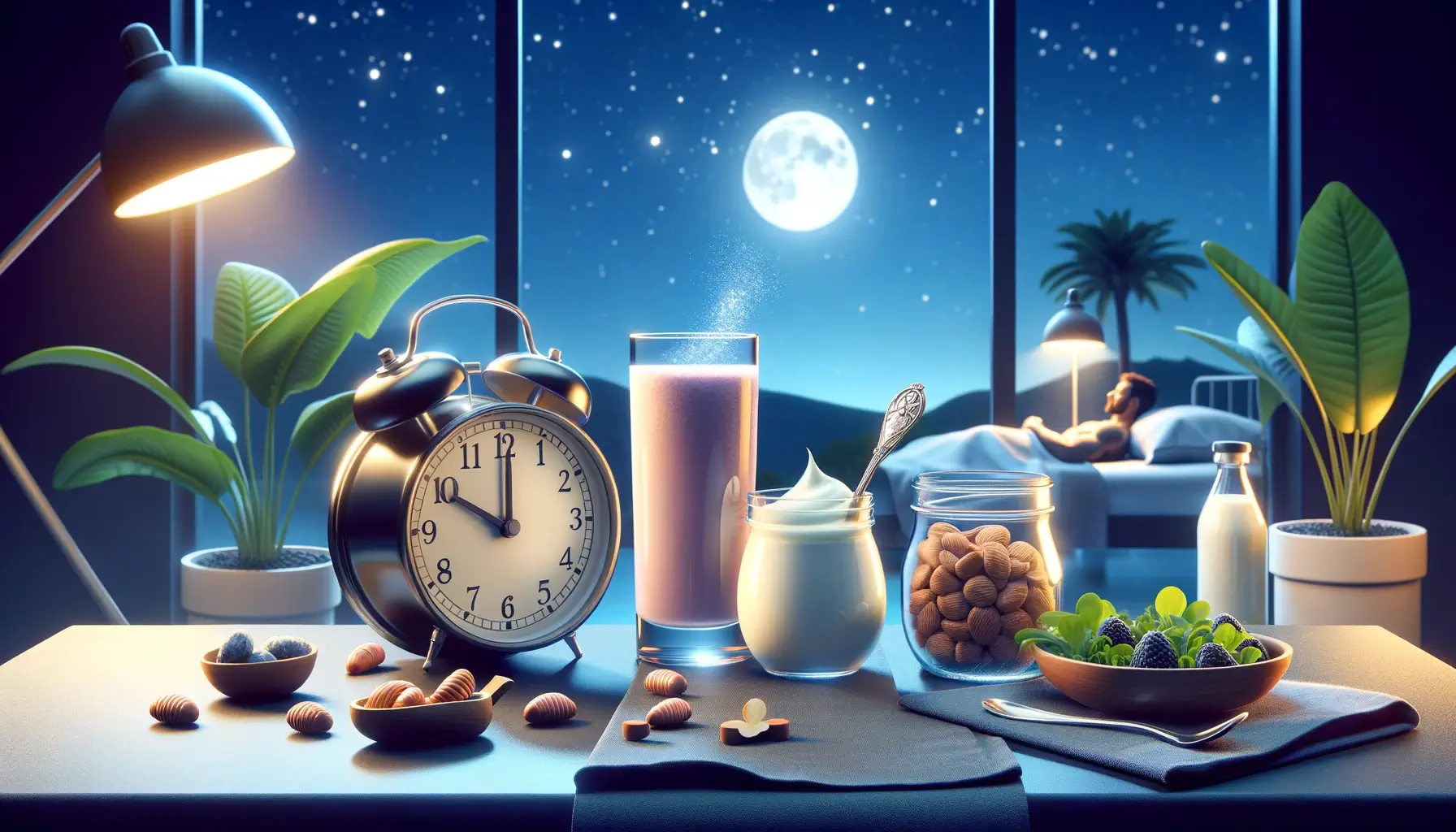Introduction
A. Brief description of magic mushrooms
Magic mushrooms, also known as psilocybin mushrooms, are a type of fungus with a long history of use in spiritual and recreational settings due to their naturally occurring psychedelic properties [1]. They belong to the genus Psilocybe, among others, and are renowned for their unique ability to produce psilocybin, a compound that induces hallucinogenic effects when ingested.
B. The popularity and common methods of ingestion
Magic mushrooms have gained popularity over the years for their potential mind-altering effects. Individuals seeking a psychedelic experience may use these mushrooms in various forms. The most common method of ingestion is oral, typically through direct consumption of fresh or dried mushrooms. Alternatively, these mushrooms can be brewed into a tea or mixed into food to mask their naturally bitter taste [2]. The onset of their effects and their overall potency can greatly vary depending on the method of ingestion, individual tolerance, the mushroom species, and the dose taken [3].
C. Introducing the question: Can you smoke shrooms?
Amidst the array of consumption methods, a question that often arises is: “Can you smoke shrooms?” This question is prompted by curiosity, the quest for different psychedelic experiences, and sometimes, the intent to bypass potential gastric discomfort associated with oral ingestion. This article aims to delve into this question, exploring the feasibility, efficacy, and potential risks associated with smoking magic mushrooms.
What Are Magic Mushrooms?
A. Biological classification of magic mushrooms
Magic mushrooms, or psilocybin mushrooms, represent a group of fungi that belong primarily to the genus Psilocybe, along with several other genera like Gymnopilus, Panaeolus, and Copelandia [4]. There are over 180 known species of mushrooms that contain the psychoactive compounds psilocybin and psilocin [5]. These species grow in a wide variety of geographical regions, including the United States, Mexico, South America, Europe, and Asia [6].
B. Brief history and traditional use of magic mushrooms
The use of magic mushrooms dates back thousands of years, with evidence of their use in religious rituals and ceremonies. Ancient artworks in Algeria, for instance, depict mushrooms that strongly resemble the psychedelic variety, hinting at their use as far back as 9,000 B.C [7]. In Mesoamerican cultures, psilocybin mushrooms were used in religious and divinatory practices. In modern times, the recreational use of these mushrooms became widespread during the 1960s and 1970s and continues to the present day.
C. Active ingredients: Psilocybin and Psilocin
The primary active ingredients in magic mushrooms are psilocybin and its metabolite, psilocin. When ingested, psilocybin is rapidly dephosphorylated in the body to psilocin, which is responsible for the psychedelic effects. These compounds exert their psychoactive effects primarily through agonist activity at serotonin 5-HT2A receptors in the brain.
Common Methods of Ingestion
A. Oral ingestion
- Fresh or dried mushrooms
The most common way of consuming magic mushrooms is by eating them, either fresh or dried. Fresh mushrooms are often eaten raw, although they can also be cooked or mixed into food. Dried mushrooms, on the other hand, are typically ground into a powder and consumed in capsule form or mixed into food or beverages [8].
- Mushroom tea
Another common method of ingestion is to make a tea from dried or fresh magic mushrooms. The mushrooms are typically steeped in hot water for about 10 to 15 minutes, strained, and then the liquid is drunk [9]. This method can help to mask the bitter taste of the mushrooms and may also help to prevent some of the gastrointestinal discomfort that some people experience when they consume mushrooms raw.
- Mushroom edibles
Magic mushrooms can also be incorporated into a variety of edible products, including chocolates, candies, and baked goods. These “edibles” can make the consumption of magic mushrooms more palatable and also allow for more precise dosing [10].
B. Potential problems with oral ingestion
Despite these various methods of oral ingestion, consuming magic mushrooms this way can lead to certain issues. For instance, they are known to have a very strong and bitter taste, which some people find unpleasant. Additionally, consuming mushrooms, especially in larger doses, can lead to nausea and other gastrointestinal discomfort [11]. This discomfort is due to the body’s digestive system breaking down the chitin in the mushroom’s cell walls, a process that can be quite harsh on the stomach.
Can You Smoke Shrooms?
A. Arguments for smoking shrooms
Anecdotal reports suggest that some individuals smoke magic mushrooms, often mixed with cannabis or tobacco. The reasons for doing so may include curiosity, the desire for a different method of consumption, or the aim to avoid gastrointestinal issues associated with oral ingestion [12].
B. Arguments against smoking shrooms
However, there are strong arguments against smoking shrooms. The heat from smoking can degrade psilocybin and psilocin, potentially reducing or eliminating their psychoactive effects [13]. Furthermore, smoking any substance can have harmful effects on the lungs and respiratory system, including the risk of developing bronchitis and lung cancer [14].
C. Impact of smoking on the active ingredients
Psilocybin and psilocin, the active compounds in magic mushrooms, are both relatively delicate molecules that can be broken down by heat. When mushrooms are smoked, the heat from the flame can cause these compounds to degrade, which can greatly diminish their psychoactive effects.
D. The science behind smoking shrooms: Does it work?
Scientifically, the consensus is that smoking magic mushrooms is unlikely to produce the desired psychedelic effects. This is due to the fact that the active ingredients in magic mushrooms are not heat-stable and are likely to be destroyed by the high temperatures associated with smoking.
Additionally, the concentrations of psilocybin and psilocin in magic mushrooms are generally low, so even if some amount were to survive the smoking process, it’s unlikely that there would be enough to produce significant psychoactive effects.
Health Risks and Safety Concerns
A. Short-term physical and mental effects
Short-term effects of consuming magic mushrooms, whether orally or potentially by smoking, can include nausea, increased heart rate, dilated pupils, changes in perception, hallucinations, and altered emotional states, including euphoria, anxiety, and panic [15]. At high doses, individuals may experience fear, agitation, delirium, and psychosis.
B. Long-term physical and mental effects
Regarding the long-term effects, studies show that the prolonged use of psilocybin mushrooms can lead to persistent psychosis and hallucinogen persisting perception disorder (HPPD), a disorder characterized by a continual presence of sensory disturbances, most often visual. However, these conditions are considered rare [16].
C. Dependence and addiction potential
Magic mushrooms are not considered addictive as they do not lead to compulsive drug-seeking behavior. However, tolerance to psilocybin builds up quickly, making it ineffective if used repeatedly over a short period [17].
D. Legal implications and considerations
Lastly, the legality of magic mushrooms varies around the world. In many countries, including the United States, they are classified as a Schedule I controlled substance, making their manufacture, distribution, or possession illegal. However, there are some exceptions for religious or therapeutic use in certain regions, and recent initiatives have moved toward decriminalization in select U.S. cities [18].
Alternatives to Smoking Shrooms
A. Microdosing
One popular alternative to smoking shrooms is microdosing, which involves taking a small, sub-perceptual dose of psilocybin mushrooms. Users report a variety of potential benefits, including enhanced creativity, increased energy, improved mood, and decreased anxiety and depression [19].
B. Psilocybin therapy
Psilocybin-assisted therapy is another option, which involves a guided session where an individual consumes a therapeutic dose of psilocybin in a safe and controlled setting. Research suggests that this method can be effective for treating various mental health conditions, such as depression and anxiety, especially when combined with psychotherapy [20].
C. Mushroom cultivation
For those interested in a more hands-on approach, cultivating their own mushrooms can be an engaging and rewarding experience. This allows individuals to have control over the growing conditions and quality of their mushrooms. However, it is important to note that this practice is illegal in many jurisdictions.
Conclusion
A. Recap of key points
To recap the key points discussed, magic mushrooms are fungi containing the psychedelic compounds psilocybin and psilocin. They are traditionally ingested orally, but some users have experimented with smoking them. However, the heat involved in smoking is likely to degrade these active ingredients, potentially nullifying their effects.
B. Addressing the central question: Can you smoke shrooms?
Addressing the central question of “Can you smoke shrooms?” the answer is technically yes, but it is neither the most effective nor the safest method of ingestion. The scientific consensus suggests that smoking magic mushrooms is unlikely to produce the desired psychedelic effects due to the heat sensitivity of the active compounds. Furthermore, smoking anything carries inherent risks to respiratory health [21].
C. Final thoughts and advice
In conclusion, while it’s physically possible to smoke shrooms, it is not recommended due to the potential health risks and likelihood of reduced or absent psychoactive effects. There are other safer and potentially more effective methods of consumption, such as microdosing or psilocybin-assisted therapy. As always, it’s important to remember that the legality of using and cultivating magic mushrooms varies worldwide, and it’s essential to be aware of the legal implications in your specific location [22].










